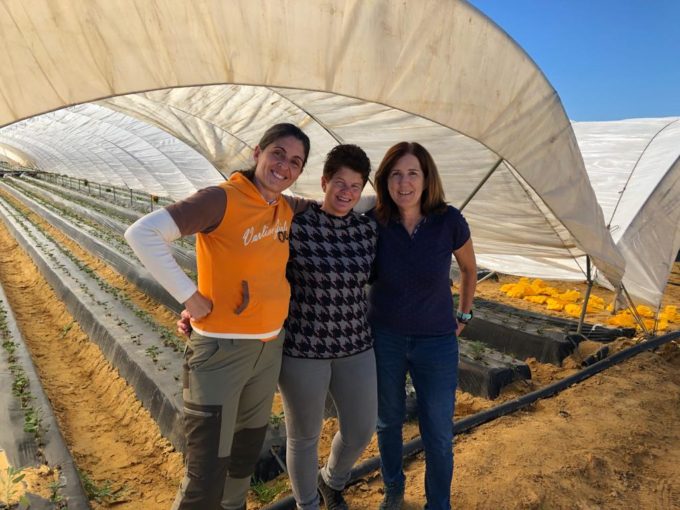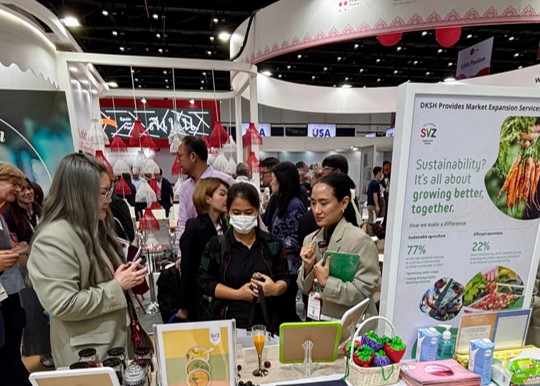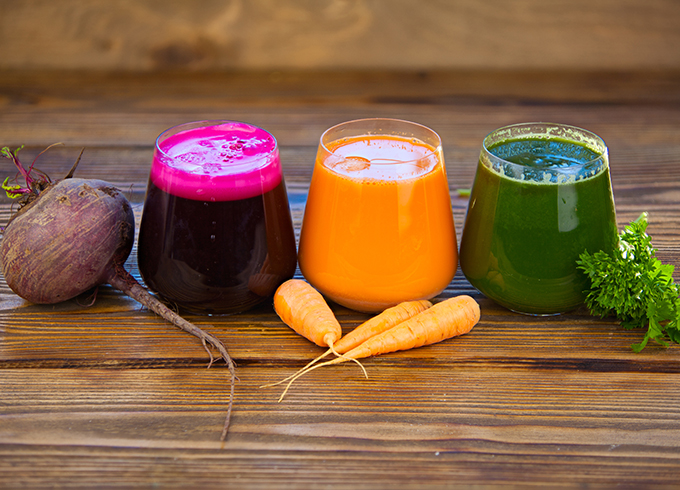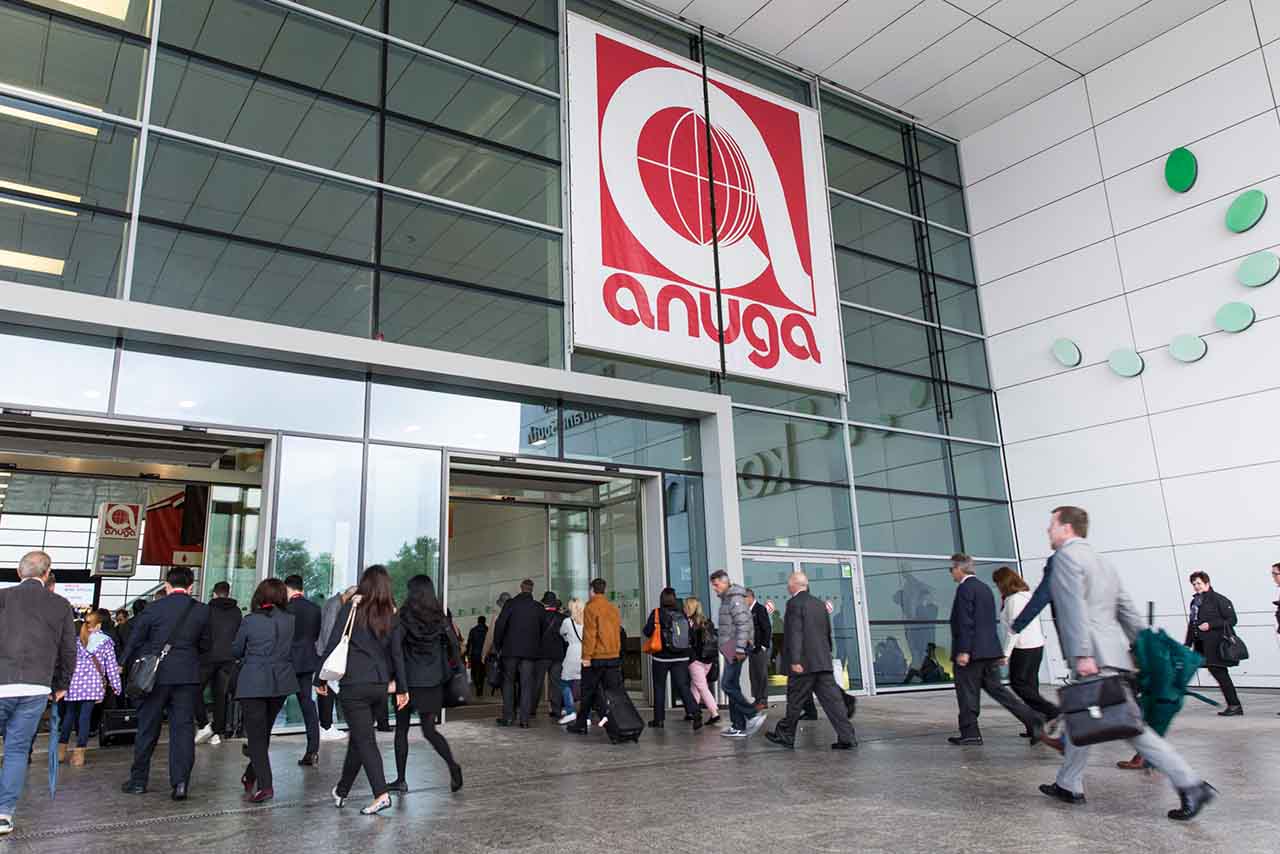Lessons from the field: The top 3 learnings from our biological control project

Moving to a more sustainable society is a must as the challenges of climate change become increasingly pressing. At SVZ, sustainability is in our DNA. We are always actively searching for innovative, effective ways to make the agricultural process greener.
That’s why we started an exciting biological control programme in Huelva, Spain, last year to explore pesticide-free strawberry cultivation. Through the use of beneficial predatory and/or parasitic insects (attracted by specific plants), we hoped to reduce our use of chemical sprays while still managing pests effectively. You can learn more about the programme in our blog here!
So, what have we learnt over the past 12 months? We caught up with Belinda Lagares Gallardo, one of our valued partners, instrumental in the implementation of this project, to discuss our learnings – keep reading to discover more!
- It’s a learning curve
There’s no ‘how-to’ guide with biological control – you learn as you go! Take plant selection, for example – we quickly discovered that fast-developing plants are necessary so that flowers have already bloomed by the time the strawberries are planted. Continuously flowering biocontrol plant varieties are also important, to attract and retain the beneficial insects. And we’ve also realised that placing these plants in the soil bed next to the strawberry crop is optimal – despite initial fears that the water used for sustaining strawberries would be too much for them, this hasn’t been the case.
- Buy-in from everyone is important
Before starting any new biological control project, we will make sure to train everyone involved on the programme and its goals. We had a few initial mix-ups with our partner farmer about the differentiation between the new plants and weeds, but we now know how to prevent that from happening in future projects. It’s only through close collaboration with farmers, and the combination of our knowledge and their experience, that these initiatives can succeed. By working together, we have created some excellent results – and our goal is that our partner growers will spread the word to other farmers in the area!
- A little becomes a lot
Even though biological control may seem like a small step in the grand scheme of things, the process can pay dividends for many years with a long-term impact on both plant quality and the local ecosystem. The use of chemical sprays, for example, can be reduced – which is great news for the environment, and also for workers on the fields who could ingest the harmful compounds. Sustainability initiatives like biological control will have a systemic, beneficial effect on agriculture for years to come – and we’re excited to be a part of it!
Learning from nature
Since the implementation of biological control methods, we have seen some fantastic results. Biodiversity has skyrocketed, with the number of pollinators and beneficial insects – like bumblebees, ladybirds and syrphids – increasing thanks to the presence of these plants. This diversity has a direct impact on the quality of the fruit – it’s linked to an increased yield, higher sugar content as well as more productive plants. And, importantly, our reduction in chemical pesticides hasn’t led to an increased number of pests – instead, harmful insect levels are being kept low. Nature is doing its job well.
Let’s make a difference
From this project, we have seen first-hand the benefits of more natural agricultural processes. By reducing our reliance on chemicals, both the strawberry plants and our fields’ biodiversity have flourished – which has been wonderful to see. At SVZ, we will continue to explore and invest in more sustainable farming methods, like biological control, to create the change we want to see in our industry – so we can all grow better together.
Want to join us on this journey and learn more about biological control? Get in touch with Belinda or our Sustainability Manager, Inge van Disseldorp, today.


